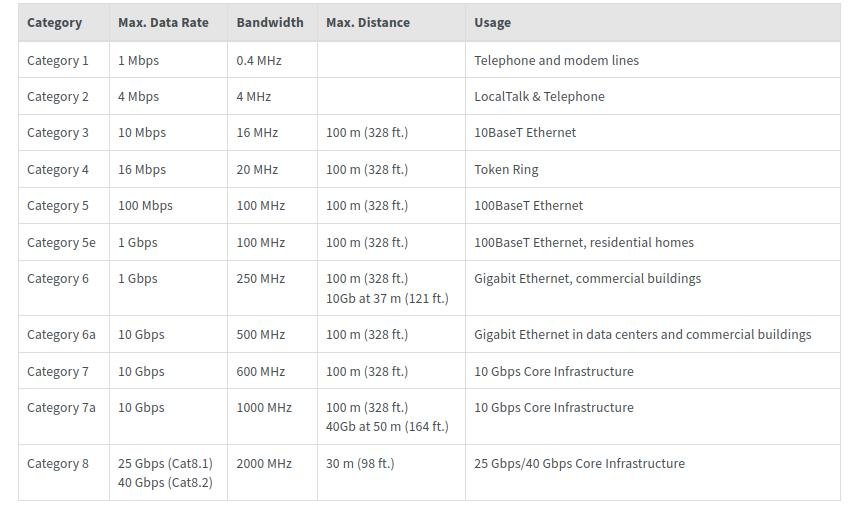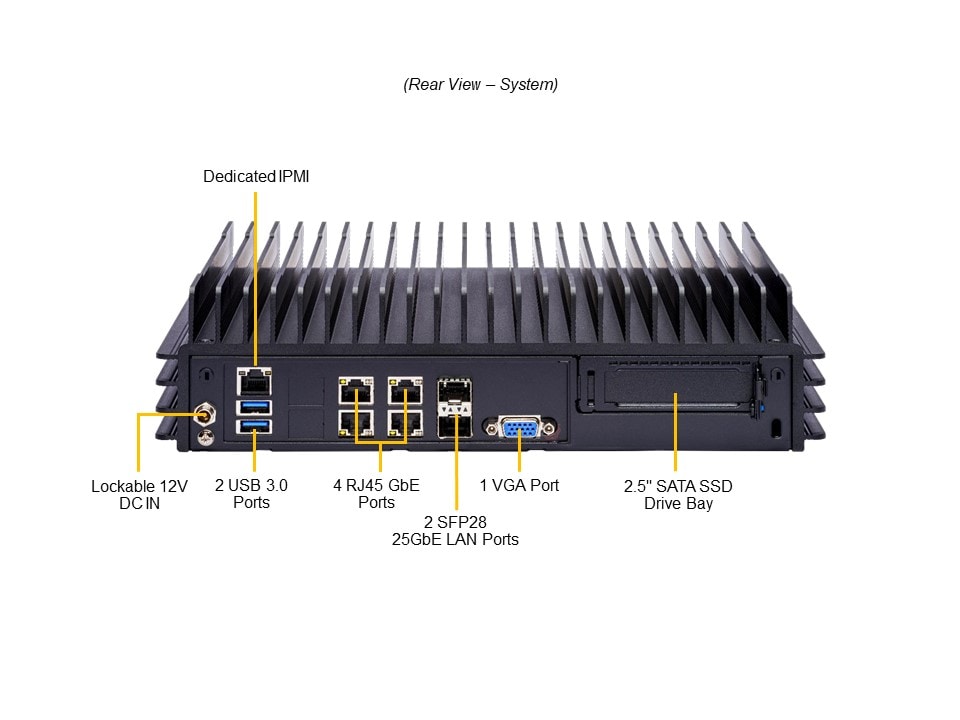The real question is why I should even share what I have.Completely dodged the question.
Because this sounds like a troll post to me.
The real question is why I should even share what I have.Completely dodged the question.
Because it not TCP/IP so it is not forced to communicate with a router or VLAN controller for the destination. So its timing is not effected by network hardware.coming back to the post, Dante, Ravenna and other professional protocols I don't see how they cannot be afflicted by the same problems as our tcp/ip, after all, we are always talking about voltage thresholds and copper cables, more or less audiophile!? we're probably missing something... from my modest experience, then, when listening, everything sounds with the same problems, and always the usual countermeasures will be taken, (more or less)...
It may or may not be noise, but the inability to deliver the bandwidth, that gives the appearance of noise. If you don't have an analyzer to see the noise, then it could be either and a managed switch or gateway server (instead of the store bought router) would fix it. Because a switch doesn't fix noise issue on the cable.The difference should be obvious: ears are being relied upon to tell us about the fidelity of the digital to analog conversion. And what some of our ears have been telling us is that reducing noise from our networks had resulted in higher fidelity.
I currently have a Cisco Meraki Go GS110-8 switch in my setup - no audiophile switch.
IEEE802.3 (the Ethernet spec) has very specific requirements for isolation as well as resistance to current and voltage spikes. This is all to maintain performance in variable EMI and RFI scenarios as well as for electrical safety. In order for something to be called Ethernet it has to follow these specs.
where do a audiophile switch add value then?
Torben
Does anyone understand the need for all of these digital components?
Does anyone understand the need for all of these digital components, that a reviewer is using? What are they all for? Are all needed? And how do they benefit the streaming setup? 1. dcs DAC and Innuos Statement Next-Gen Music Server - obvious 2. Small Green Computer Sonore Deluxe...www.whatsbestforum.com
The real question is why I should even share what I have.
Because this sounds like a troll post to me.
Because we've learned over the years the people who come into these forums with the loudest "know it all" voices and condescending attitudes with their attempts to "set us all straight" are the ones who are usually the most deaf with the most low end system.The real question is why I should even share what I have.
Because this sounds like a troll post to me.
Sometimes a poor or overloaded router will not give the network a high enough sustained transfer rate for the packets and therefore can not deliver it in time and the receiving end drops the packet. This sound is more like cd skipping but sometimes its fuzzy static sounds.In that sense, there may not be a "best switch" that will have the same results for everyone (which is back on topic).


Your reply perfectly illustrates my pointSometimes a poor or overloaded router will not give the network a high enough sustained transfer rate for the packets and therefore can not deliver it in time and the receiving end drops the packet. This sound is more like cd skipping but sometimes its fuzzy static sounds.
Cabling sometimes can be an issue if runs are too long for the category used or if there is kinks in the wire or twisted and bunched up. Here is a wire chart explaining runs, speeds, and acceptable lengths for them:
View attachment 135216
So sometimes a switch is not the problem and a nice running network starts with the router.
Now these days, someone could either build up a router from a PC, or buy embedded servers that will serve the task. Also, you can configure them as high performance switches. The router's OS I like to use these days is PFsense which is the same Linux programs I used when these router OS did not exist.
This is my next router to replace my aging router that I built from a PC, a Supermicro SYS-E302-12D-8C. Which I have been thinking off and on to use also as a music server:

I didn't see post 410 until I posted my reply.Your reply perfectly illustrates my point
I am not the author of post 410.I didn't see post 410 until I posted my reply.
I don't apologize for my intelligence being intimidating. It happens. I'm a woman.
Because we've learned over the years the people who come into these forums with the loudest "know it all" voices and condescending attitudes with their attempts to "set us all straight" are the ones who are usually the most deaf with the most low end system.
It's not possible to be intimidating when you're talking about the wrong thing where there's no interestI didn't see post 410 until I posted my reply.
I don't apologize for my intelligence being intimidating. It happens. I'm a woman.
Try it with a linear power supply if you can. The supplied wall wart does not do it justice at all.Now back to our original topic, I am going to give the Silent Angel BONN8 a spin in my system as one of my friends is lending me his unit while he in the PRC for the next 2 months.
Beacause you are a real *Veteran* of this forum that you consider you may speak for the rest of us ? … Oh … It would appear Not !
Thanks for sharing about your streaming device and your musical tastes: could you also share what your DAC, amplifier(s?) and speakers are? I’m just trying to get a feel for what your Dante network and DIY streamer feed into to turn data into music. Thanks!Somethings I wonder if others payed attention to what wires they use, even though I went to a different methodology of network audio. I do find it interesting how Dante works differently than tcp/ip streaming because there is no middle man device performing network traffic arbitration. The audio doesn't run in a tcp/ip packet so it never have to arbritate connections in a network with a router or IP/MAC address table in a VLAN which can induce jitter people associate as noise. That is why a switch or a router with more powerful processing corrects quality issues with TCP/IP streaming.
I know I haven't spent the time filling out my profile. I built my own streaming server from a repurposed PC computer. I noticed there has been a few fan-less and compact servers I've been thinking about switching to since it shouldn't have to consume a lot of electricity day in and out.
I listen to all kinds of music depending on how I feel at the moment. Currently I'm listening to Buddy Guy but earlier I was listening to Thievery Corporation.
| Steve Williams Site Founder | Site Owner | Administrator | Ron Resnick Site Owner | Administrator | Julian (The Fixer) Website Build | Marketing Managersing |











